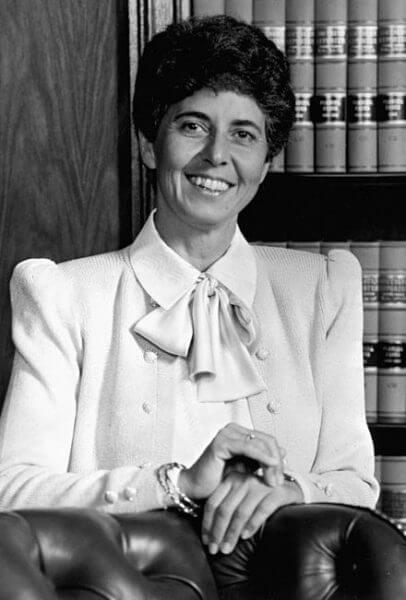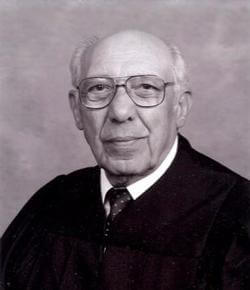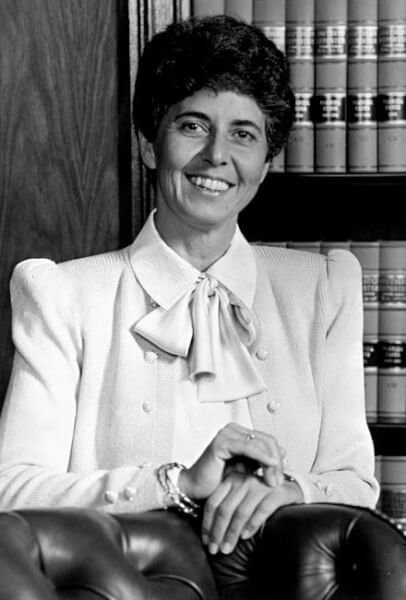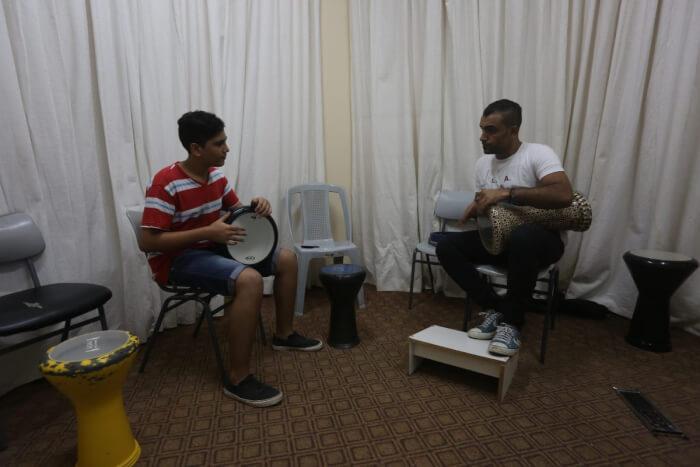Much is being made of President Barack Obama appointing the “first” Muslim as a judge on the Federal Court, but few seem to take notice of the American Arabs who have been appointed to the Federal bench and to judgeships across the country. Obama nominee Abid Riaz Qureshi is the first Muslim to be appointed to a Federal court position. The first American Arab appointed to a Federal seat was Rosemary Barkett (Barakat)
By Ray Hanania

covering Chicago
City Hall
(1976-1992)
President Barack Obama is being hailed for appointing a “Muslim” to the Federal Court. The appointment is newsworthy mainly because this is the first time a Muslim has been nominated to the Federal Court, which is a reflection on how deeply discrimination and the lack of religious diversity has plagued the American system.
Obama nominated Abid Riaz Qureshi to the District of Columbia’s Federal bench, an appointment that must be approved by the U.S. Congress. Although many Americans of the Muslim faith have served in the country’s judiciary, most have been on municipal, county and statewide positions.
Qureshi is of Pakistani American heritage.
If Qureshi is approved by Congress, he would become the first Muslims to serve on the Federal Court and he would fill the vacancy created by the elevation to Senior Status of Judge Rosemary M. Collyer.
Qureshi’s appointment raises the issue of how many American Arabs have been appointed both to local, state and federal judicial positions. That number continues to increase.
The first American Arab appointed to a Federal judgeship was Rosemary Barakat, a Syrian immigrant who came to the U.S. through Mexico.
Barkett (Barakat) is the daughter of Syrian parents Assad and Miriam Barakat who left Syria and were forced to settle in Mexico, where Rosemary was born, until their application for immigration to the United States was approved.
Barakat was nominated mainly because of her “Spanish” background.
Born in Ciudad Victoria, Taumaulipas, Mexico, Barakat moved with her family from Mexico to Miami, Florida in 1946 and she became a citizen in 1958. Her first language was Spanish but she quickly became one of the nation’s most eloquent legal minds.
Upon immigrating to America, the family changed it’s name from the Arabic Barakat to the more “American” Barkett.

Barakat (Barkett) worked in the legal profession for 10 years when she was tapped by then Florida Governor Daniel Robert “Bob” Graham in 1979 to the Florida State Circuit Court. She became Chief Judge of her circuit and quickly rose to the post of Florida’s Supreme Court.
She was celebrated as Florida’s first female judge, but her Arab heritage was always pushed to the background oftentimes following after her Mexican upbringing.
In September 1993, President Bill Clinton named Barakat (Barkett) to a seat on the 11th Circuit Court of the US Federal Appeals Court (which reviewed cases from Florida, Alabama, and Georgia). Her congressional confirmation took eight months and she was officially confirmed on April 15, 1994.
Barakat (Barkett) was not Muslim, and entered a Jseuit religious teaching order at age 17 and began teaching elementary and junior high school students for seven years before graduating from Spring Hill College, a Jesuit school in Alabama
Another judicial appointment of American Arab heritage, Charlene Mekled Elder, is often hailed as the first female Muslim to be appointed as an American judge in 2006.
Elder was appointed to the 3rd Circuit Court of Wayne County by Michigan Governor Jennifer Granholm. Justice Elder, 36, was the first Arab-American female judge appointed to a judgeship who also spoke fluent Arabic.

Another American Arab who was appointed to a Federal seat was Justice George Caram Steeh. Steeh was appointed a United States District Judge in 1998 also by President Clinton. Steeh was the son of Lebanese Arab immigrants Caram and Dora Steeh.
He previously served as a Macomb County Circuit Court Judge from 1990 until 1998, after serving for two years as a District Court Judge in Mt. Clemens. Judge Steeh received a B.A. from the University of Michigan in 1969, and his J.D. from the University of Michigan Law School in 1973. Before being elected to the judiciary, and in addition to his several years in private practice, he served as First Assistant Prosecuting Attorney in Genesee County, as Macomb County Probate Court-Public Administrator, and as a member of the Macomb County Board of Commissioners. Judge Steeh also has served as the Chairperson of the Macomb County Domestic Violence Coordinating Council; as Founding Member and on the Board of the Child Advocacy Center of Macomb County; Officer and member of the Board of Directors of Comprehensive Youth Services; an active member of the Interfaith Council for Racial Justice; President of the Arab American Bar Association; and member of the Boards of Directors of several other public service and charitable organizations.
Steeh passed away in 2014. He is succeeded by his son, George Caram Steeh III, who is a U.S. District Court Judge.
Many others have been appointed to judicial positions including William Haddad, 67, who retired from the Cook County Circuit Court in 2013.
Haddad, who is of Lebanese heritage and Christian, was appointed to the bench in 2003 to fill a vacancy but narrowly lost the election to keep the seat in the 2004 Democratic primary. The State court intervened and recalled him to the bench for a six-year period and then again to a three year term, avoiding the need to be elected.


- Israelisnipers shooting and killing hospital workers in Gaza - December 11, 2023
- CAIR Condemns Israeli Executions of Wounded, Unarmed Palestinian in West Bank - December 11, 2023
- Arab and Muslim American voters face a “simple choice” between Biden’s inhumanity and Trump’s edgy politics - December 9, 2023

























